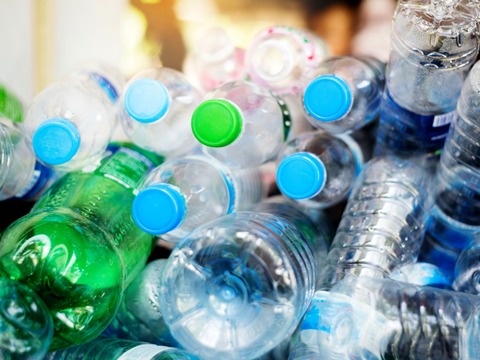
A joint initiative involving EuPC, EXPRA, EPRO, NMWE, PETCORE Europe, and UNESDA has published a guidance document aiming to support waste management operators and sorters in setting up third-party certification of quality assurance systems for recycled materials and articles.
The companies add that such a certification is required by Article 6 of Regulation (EU) 2022/1616 on recycled plastic materials and articles intended for food contact. The guidance represents a PET value chain initiative to provide transparency, clarity, and a practical tool to ensure that recycled plastics used in food contact applications are both safe and traceable.
Apparently, the document provides a detailed interpretation of the legal requirements under Article 6 of EU Regulation, translating them into ‘actionable criteria’ for the collection, sorting, and final pre-processing of operators. It also outlines how non-EU operators must meet equivalent requirements to ensure parity in standards including proof of compliance with EU food contact legislation.
“This guidance is the result of extensive collaboration among experts in food contact regulation, waste management, recycling, conversion, and packaging. It aims to ensure the safety of PET. We developed it to support businesses in meeting the relevant EU requirements,” explained Raphael Jaumotte, technical manager at PETCORE EUROPE.
In related news, Reichmuth Infrastructure (Reichmuth & Co) announced plans to finance the construction of a PET recycling plant in the north-west of England, in cooperation with developer and operator Enviroo. Apparently, Enviroo has identified a process that separates PET plastic from other waste components through a synthesized washing process combined with an extrusion process.
The following month, UNESDA Soft Drinks Europe and Pilario tailored an online life cycle assessment (LCA) tool to the soft drinks industry, allowing users to evaluate their products’ environmental impacts against industry standards and report their results. The rules seek to ‘shadow’ the existing guidelines of the European Commission’s generic PEFCR to create a unified methodology as a ‘foundation’ if and when an official PEFCR is developed for soft drinks.
If you liked this story, you might also enjoy:
The ultimate guide to the Packaging and Packaging Waste Regulation in 2025
How are the top brands progressing on packaging sustainability?
Everything you need to know about global packaging sustainability regulation in 2025
The key to increasing the use of reusable packaging in supermarkets













No comments yet